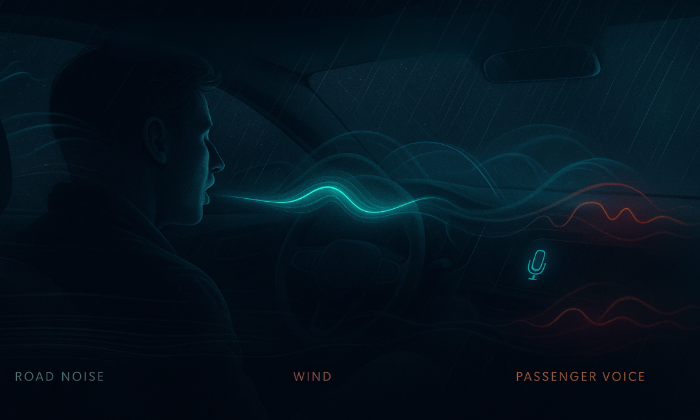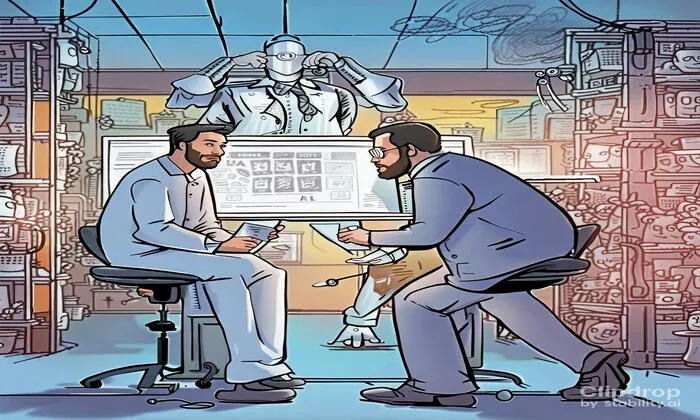Can I clone celebrity voices or do datasets include voice impersonators?
Voice Cloning
Entertainment
Speech AI
Cloning celebrity voices or using datasets with voice impersonators involves a complex mix of ethical, legal, and technical challenges. While the technology to replicate voices exists, the implications of such actions are significant and multi-faceted, particularly in the realm of celebrity voice cloning.
What is Voice Cloning and Its Implications?
Voice cloning creates a synthetic representation of a person's voice using machine learning. By training models on audio recordings of a specific voice—ranging from scripted to spontaneous speech—the technology can generate audio that mimics the original's tone, pitch, and inflection. However, using celebrity voices in datasets crosses into ethical and legal territories that responsible companies like FutureBeeAI avoid.
Navigating Legal and Ethical Considerations in Voice Cloning
A primary concern with celebrity voice cloning is the legality and ethics of utilizing someone’s voice without their explicit consent. Most jurisdictions prohibit the commercial use of a celebrity's voice without permission, leading to potential legal issues like misappropriation of likeness or privacy violations. At FutureBeeAI, we strictly avoid collecting or offering datasets that include public figures' voices, ensuring our practices align with ethical standards.
Consent and Licensing
Ethical voice datasets rely on contributors who give informed consent, fully aware of how their voice might be used, including for cloning. This safeguards all parties, ensuring compliance with legal standards. FutureBeeAI's commitment to ethical data sourcing is unwavering, ensuring that all data used for voice cloning is gathered with full consent and transparency.
Datasets and Voice Impersonation
FutureBeeAI focuses on diverse, ethically sourced voices rather than impersonations of public figures. Our datasets support applications like virtual assistants, gaming, and accessibility tools—areas where unique synthetic voices can add significant value.
Types of Voices in Datasets
- Diverse Speaker Profiles: Our datasets include a variety of speakers across different genders, ages, accents, and emotional tones, enhancing the adaptability of AI voices.
- Controlled Recording Environments: We record in professional studio settings with high-quality equipment, ensuring recordings meet industry standards for clarity and fidelity.
Key Technical Aspects of Voice Cloning Systems
Creating a voice cloning model involves several key technical steps:
- Data Collection: Gathering extensive voice samples relevant to the intended use.
- Preprocessing: Cleaning audio to remove noise and artifacts, improving overall quality.
- Training: Utilizing high-performance computing to train models on the collected data.
- Evaluation: Using performance metrics to ensure the synthetic speech quality meets expectations.
The quality of the dataset directly impacts model performance, which is why FutureBeeAI's datasets are meticulously curated to ensure high standards.
Ethical and Practical Use Cases
Voice cloning technology, when used ethically, opens up innovative possibilities across various fields:
- Virtual Assistants: Enhancing personalization in AI assistants with unique, user-friendly voices.
- Gaming and Storytelling: Creating character voices that enhance interactive experiences.
- Accessibility Tools: Developing speech aids for individuals with impairments, providing them with a voice tailored to their needs.
FutureBeeAI: A Leader in Ethical Voice Data Collection
FutureBeeAI stands as a trusted partner in AI data collection, offering ethically sourced and high-quality voice datasets. Our approach ensures diverse, compliant, and scalable solutions for AI-first companies, enabling them to build robust, ethical voice systems.
For projects seeking diverse, ethically sourced voice data, FutureBeeAI offers scalable solutions that meet high-quality standards within a 2-3 week timeframe.
Smart FAQs
Q. Can voice cloning be used for personal projects?
A. Yes, provided the voice used is from a contributor who has given explicit consent. Personalization of AI voices can enhance user experience in applications like virtual assistants.
Q. What are the typical applications of voice cloning?
A. Voice cloning is widely used in audio production for films and games, personalized virtual assistants, and accessibility tools for individuals with speech impairments, leveraging high-quality, ethically sourced voice data.
What Else Do People Ask?
Related AI Articles
Browse Matching Datasets
Acquiring high-quality AI datasets has never been easier!!!
Get in touch with our AI data expert now!








